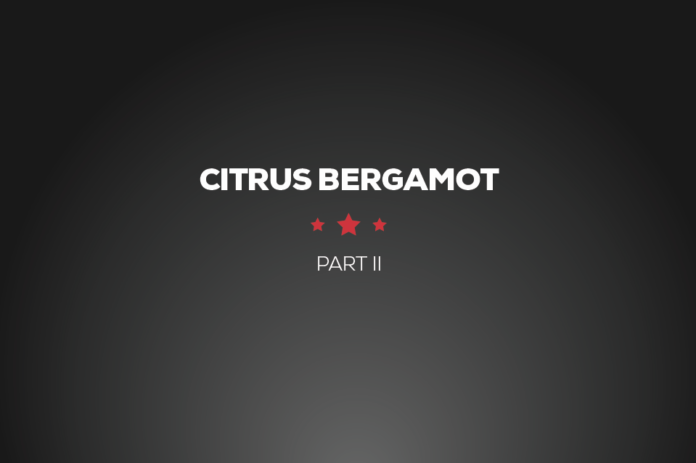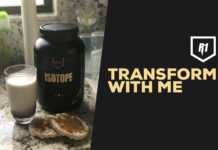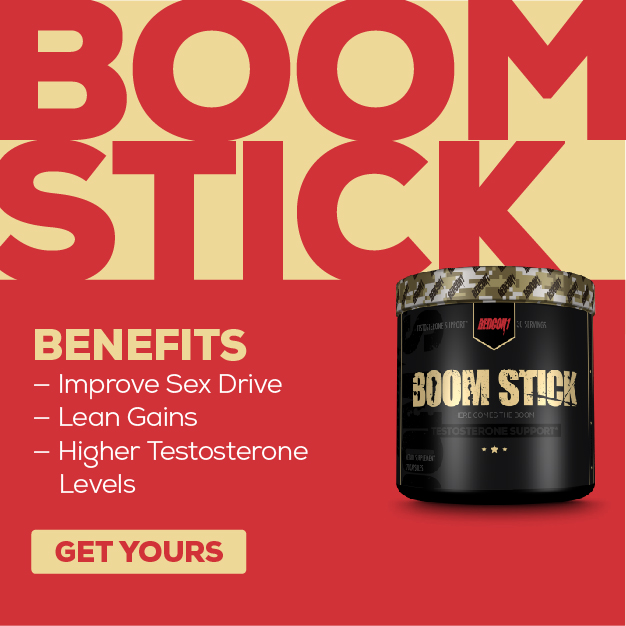
RedCon1 – Citrus Bergamot Part II
Mollace didn’t end his research there however. He even furthered his work on bergamot with a study looking at the hypolipemic and hypoglycaemic activity of bergamot polyphenols. Bergamot juice produces hypolipemic activity in rats though the mechanism remains unclear. Mollace et al investigated on the effect of bergamot extract (BPF) in diet-induced hyperlipemia in Wistar rats and in 237 patients suffering from hyperlipemia either associated or not with hyperglycaemia. BPF, given orally for 30 days to both rats and patients, reduces total and LDL cholesterol levels (an effect accompanied by elevation of cHDL), triglyceride levels and by a significant decrease in blood glucose. Moreover, BPF inhibited HMG-CoA reductase activity and enhanced reactive vasodilation thus representing an efficient phytotherapeutic approach in combating hyperlipemic and hyperglycaemic disorders (5.) The authors specifically stated that “bergamot extract oral supplementation contributors to lowering plasma cholesterol and lipids in addition to reducing blood glucose by 15-25%.” This, of course, makes citrus bergamot seem like a god send for many athletes that put their bodies under constant stress. Even further more than athletes, remember how many statins are prescribed by doctors around the country. Statins are the most commonly prescribed drugs to reduce cardiometabolic risk. Besides the well-known efficacy of such compounds in both preventing and treating cardiometabolic disorders, some patients experience statin-induced side effects. We hypothesize that the use of natural bergamot-derived polyphenols may allow patients undergoing statin treatment to reduce effective doses while achieving target lipid values. The aim of the present study is to investigate the occurrence of an enhanced effect of bergamot-derived polyphenolic fraction (BPF) on rosuvastatin-induced hypolipidemic and vasoprotective response in patients with mixed hyperlipidemia. This study from Gliozzi et al was a prospective, open-label, parallel group, placebo-controlled study on 77 patients with elevated serum LDL-C and triglycerides was designed. Patients were randomly assigned to a control group receiving placebo (n=15), two groups receiving orally administered rosuvastatin (10 and 20mg/daily for 30 days; n=16 for each group), a group receiving BPF alone orally (1000 mg/daily for 30 days; n=15) and a group receiving BPF (1000 mg/daily given orally) plus rosuvastatin (10mg/daily for 30 days; n=15). The results were that both doses of rosuvastatin and BPF reduced total cholesterol, LDL-C, the LDL-C/HDL-C ratio and urinary mevalonate in hyperlipidemic patients, compared to control group. The cholesterol lowering effect was accompanied by reductions of malondialdehyde, oxyLDL receptor LOX-1 and phosphoPKB, which are all biomarkers of oxidative vascular damage, in peripheral polymorphonuclear cells. They concluded that addition of BPF to rosuvastatin significantly enhanced rosuvastatin-induced effect on serum lipemic profile compared to rosuvastatin alone. This lipid-lowering effect was associated with significant reductions of biomarkers used for detecting oxidative vascular damage, suggesting a multi-action enhanced potential for BPF in patients on statin therapy (6.)
Given the overwhelming amount of research in support of citrus bergamot supplementation, it makes it very hard to at least not give it a try. This was the very conclusion I came to many months ago and began implementation of 500mgs of Citrus Bergamot per day with a few clients that suffered from a poor lipid profile as well as had some fasted and fed glucose issues. The ending result was after 30-60 days (depending on the person and how severe their health issues were), HDL levels increased, LDL levels decreased, fasted glucose levels lowered, and fed glucose levels lowered. This was across the board with zero non-responders. Given the actual practical application and its results, makes the decision very easy to make. Citrus bergamot deserves more recognition and credit given its efficacy.
References
- Bergamot Reduces Plasma Lipids, Atherogenic Small Dense LDL, and Subclinical Atherosclerosis in Subjects with Moderate Hypercholesterolemia: A 6 Months Prospective Study. Toth, P. P., Patti, A. M., Nikolic, D., Giglio, R. V., Castellino, G., Biancucci, T., … Rizzo, M. (2015). Frontiers in Pharmacology. (https://www.ncbi.nlm.nih.gov/pmc/articles/PMC4702027/)
- Intraplantar injection of bergamot essential oil induces peripheral antinociception mediated by opioid mechanism. Tsukasa Sakurada, Hirokazu Mizoguchi, Hikari Kuwahata, Soh Katsuyama, Takaaki Komatsu, Luigi Antonio Morrone, Maria Tiziana Corasaniti, Giacinto Bagetta, Shinobu Sakurada. Pharmacol Biochem Behav. 2011 (https://www.ncbi.nlm.nih.gov/pubmed/20932858)
- Flavonoid Fraction of Bergamot Juice Reduces LPS-Induced Inflammatory Response through SIRT1-Mediated NF-κB Inhibition in THP-1 Monocytes. Risitano, R., Currò, M., Cirmi, S., Ferlazzo, N., Campiglia, P., Caccamo, D., … Navarra, M. (2014). PLoS ONE, 9(9), e107431. (https://www.ncbi.nlm.nih.gov/pmc/articles/PMC4178028/)
- The protective effect of bergamot oil extract on lecitine-like oxyLDL receptor-1 expression in balloon injury-related neointima formation. Vincenzo Mollace, Salvatore Ragusa, Iolanda Sacco, Carolina Muscoli, Francesca Sculco, Valeria Visalli, Ernesto Palma, Saverio Muscoli, Luigi Mondello, Paola Dugo, Domenicantonio Rotiroti, Francesco Romeo. J Cardiovasc Pharmacol Ther. 2008 (https://www.ncbi.nlm.nih.gov/pubmed/18413898)
- Hypolipemic and hypoglycaemic activity of bergamot polyphenols: from animal models to human studies. Vincenzo Mollace, Iolanda Sacco, Elzbieta Janda, Claudio Malara, Domenica Ventrice, Carmen Colica, Valeria Visalli, Saverio Muscoli, Salvatore Ragusa, Carolina Muscoli, et al. Fitoterapia. 2011 (https://www.ncbi.nlm.nih.gov/pubmed/21056640)
- Bergamot Polyphenolic Fraction Enhances Rosuvastatin-Induced Effect on LDL-cholesterol, LOX-1 Expression and Protein Kinase B Phosphorylation in Patients With Hyperlipidemia. Micaela Gliozzi 1 , Ross Walker , Saverio Muscoli , Cristiana Vitale , Santo Gratteri , Cristina Carresi , Vincenzo Musolino , Vanessa Russo , Elzbieta Janda , Salvatore Ragusa , Antonio Aloe , Ernesto Palma , Carolina Muscoli , Franco Romeo , Vincenzo Mollace. Research Centre for Food Safety & Health 2013. (https://www.ncbi.nlm.nih.gov/labs/articles/24239156/)


















